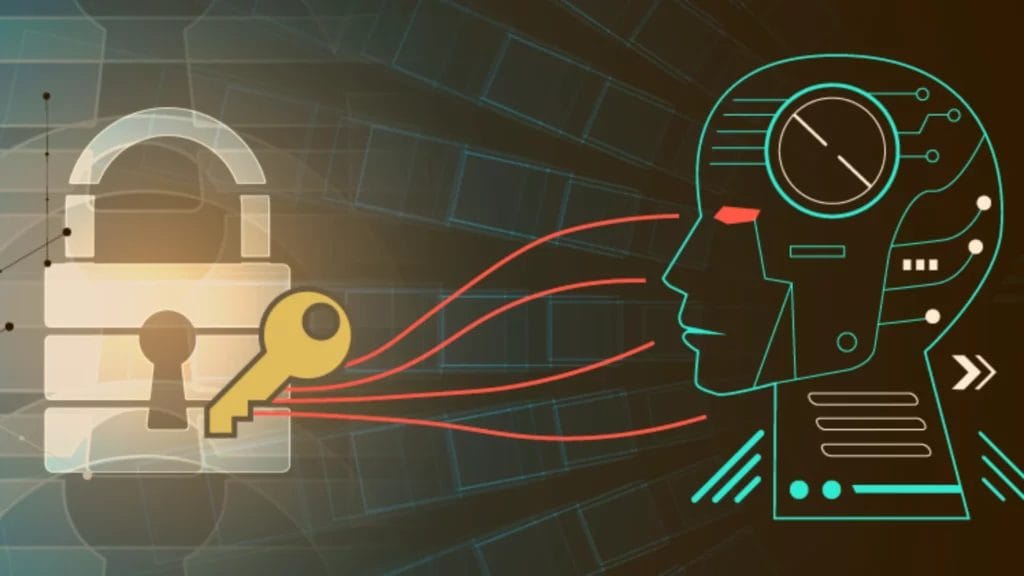How AI is a Game-Changer for Cybersecurity
- AI, Security

Cybersecurity has become a top priority for companies across industries and sizes, with many determining factors driving the increased investments we see today. First, cyber threats have grown not only in frequency but especially in complexity. This makes it harder for every organization to protect their systems and safeguard their data. Secondly, regulations around data privacy and breach disclosure have tightened. Thirdly, security breaches can severely damage your finances, reputation, and customer trust. Many companies have never recovered from such incidents.
Leading companies have recognized the use of AI as an ideal solution to address the need for growing cyber defense measures.
Prefer to listen to the content?
Hear ELASTECH’s CEO, Armen Tatevosian, and EVP of Global Operations, Jim Zordani, explain what makes AI uniquely suited to overcome modern cyber threats and how companies can adopt AI into their tech stacks for unparalleled protection.
How AI is Uniquely Suited to Strengthen Cyber Defenses
AI is ideally positioned to address the immense challenges in cybersecurity that existing systems struggle to accomplish. The attack surface today is vast, as organizations have exposed systems for greater accessibility with hundreds or thousands of devices and users. Nowadays, many of these users are not even in a business office anymore but at home. This creates a lot of risk and opportunities for cybercriminals. And there simply are not enough skilled security professionals to keep up with the complexity and volume of attacks.
AI’s key advantage is its ability to continuously self-learn by monitoring signals across an organization’s entire digital ecosystem. It can analyze millions of data points to detect anomalies and correlations that indicate threats. Advanced AI models can even make predictions as to where potential security breaches might occur. This scaled approach has proven far superior to rule-based systems that are broadly implemented today.
Applications of AI in Cybersecurity
AI can be leveraged in a number of ways to strengthen defenses. A popular use case is the detection of new threats. By taking advantage of AI, organizations can analyze greater amounts of data far more rapidly than humans with previous tools. This provides organizations with the ability to identify and respond to emerging attacks much faster.
Another key use is distinguishing between suspicious and malicious bot activity. AI can build behavioral models to accurately categorize and prioritize real threats of fraud and account takeovers.
Further, AI enables predictive risk analysis by scouring IT assets and applying threat intelligence. This enables the proactive allocation of security resources instead of reactive responses.
One last use case is to improve endpoint security, which is drastically impacted by the ability to continuously feed normal device behavior data into an AI model, which then flags anomalies and automatically responds to potential threats.
Companies are increasingly taking advantage of these benefits. Microsoft, for example, has been using AI to analyze billions of data signals to detect malware and phishing schemes. Another instance is PayPal, whose AI models reduced fraudulent transactions by 76% in just six months.
Google is another major player that has been utilizing the distinctive capabilities of AI to strengthen its cybersecurity. Gmail was one of their first products to use AI techniques to filter emails when it was launched 18 years ago. All of Google’s services now incorporate AI applications, particularly deep learning, which enables their algorithms to make decisions and self-regulate more independently as they learn and develop.
Public tech companies were the first to adopt these technologies due to their high level of accountability to regulators, analysts, and investors. Today, businesses around the globe are pursuing these same benefits.
Potential Risks Associated with Using AI in Cybersecurity
While this is true for almost every AI model, it especially applies in the case of cybersecurity: AI systems require massive volumes of data for quality training to be effective. Without sufficient amounts of relevant and accurate data across many scenarios, the AI’s output and predictions will be less reliable. This means organizations either need to make sure that their own data meets the requirements or they must invest in accurate datasets to avoid manual and time-consuming steps.
Another risk is that cybercriminals are also starting to leverage AI to evolve attacks and evade defenses. As a result, security teams need to implement the latest approaches to continuous AI model retraining.
The key is to use AI as a tool to enhance security, not a set-it-and-forget-it solution. Effective cybersecurity will continue to evolve with the intelligence of human interaction. Paired with AI, this is accomplished much more quickly.
Conclusion
AI has already proven to be an indispensable addition to security teams and defense solutions, changing the standard for effective cybersecurity. Leading companies have proven that the use of AI enables them to not just defend against today’s cybersecurity threats but also tomorrow’s.
ELASTECH is a company recognized for delivering modern AI solutions and for its commitment to fostering a deeper understanding of AI. We welcome your questions about how AI and its use cases can best serve you and invite you to take a deeper dive into the practical applications.
Our experts will help you evaluate and confirm specific opportunities with AI in cybersecurity and/or determine how to integrate AI into your existing cyber defence measures. Click below to schedule your free consultation.
Schedule your Free Consultation with an AI Expert